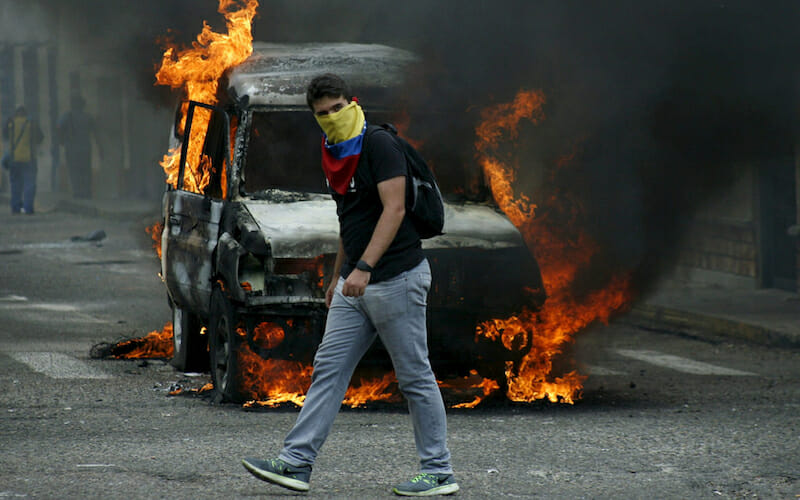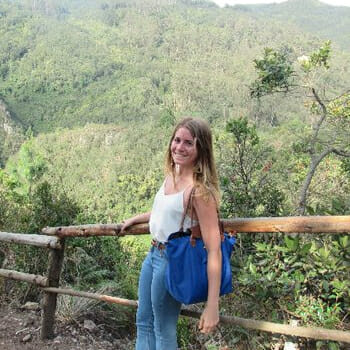
Censorship in Venezuela Fuels Social Media Growth
Freedom of the press in Venezuela has been threatened by the government for more than a decade. Even though the constitution of Venezuela protects freedom of expression and press freedom, Reporters without Borders found in 2017 that oppressive leader Nicolas Maduro “does his utmost to silence independent media outlets.”
The accumulation of power in the executive branch has enabled the Venezuelan government to intimidate, harass, and criminally prosecute the opposition, human rights defenders, and independent media outlets. While traditional media outlets are being threatened, social media serves as an alternative tool to transmit and consume news.
To properly comprehend the Venezuelan government’s media censorship efforts, an understanding of the country’s political atmosphere is necessary. From 1999 until his death in 2013, Hugo Chávez was president of Venezuela.
During his 14-year tenure, Chávez relied on an extensive propaganda campaign to spread 21st Century Socialism ideology. He also threatened to silence all existing media organizations if they criticized the government. In 2009, he shut down 34 opposition radio and TV stations, as well as passed laws that penalized any speech that foments public anxiety.
Chávez was succeeded by Venezuela’s current President Nicolás Maduro, who is listed as one of Reporters without Borders Predators of the Press, a list of “35 presidents, politicians, religious leaders, militias, and criminal organizations that censor, imprison, torture, or murder journalists.”
Maduro accused international media outlets of “psychological warfare, terrorism,” called CNN en Español a “laboratory of lies,” and stated that The Miami Herald “poisons Venezuelans.” He has denied foreign reporters entry to Venezuela and deported several journalists who were based in Caracas. Some have been detained and interrogated for hours without lawyers. The Venezuelan government now controls most of the TV, radio, and print publications in the country.
While the Maduro’s government is tightening its grip over traditional media sources, social media is keeping news alive. According to Jorge Lander, a Venezuelan journalist student who turned his university thesis into El Tambor – an independent digital media platform with more than 70,000 Instagram followers – social networks are “basically the only windows Venezuelans have to know what’s going on in the country.”
Bloomberg reports that Internet usage in Venezuela is on the rise, climbing from about 44 percent at the start of 2014 to almost 62 percent in 2016. Additionally, a Pew Research Center study found that Venezuelans primarily use social media to access political news, mobilize protests, and expose government corruption and human rights violations.
When opposition leader Leopoldo Lopez was seized from his home in the middle of the night by military agents, his wife filmed the incident and posted it on Twitter immediately. At three million followers, the tweet has since been retweeted more than fifty thousand times. With nowhere to get credible information or provide accountability for the government’s actions, Venezuelans have made sure their voices are heard through digital technologies of communication.
Although Venezuela is one of the richest countries in terms of natural resources, due to a mismanagement of funds that began under the presidency of Chávez and continues under Maduro, the country finds itself having the world’s worst economy. Institutions such as the UN Human Rights Council and the Inter-American Commission on Human Rights have denounced the Venezuelan government’s actions, focusing specifically on mistreatment of protesters, cases of jailed opposition leaders, the independence of the judiciary power, and freedom of the press and access to information.
Press freedom and freedom of speech are essential components of any democracy, and though these rights are threatened in Venezuela, independent digital media, journalists, and citizens are relying more than ever on digital platforms to access and share information. The correlation between censorship and social media use, which requires further studying, is of great importance as it can raise awareness to some of the implications of government corruption and also shine a light on the emergence of social media as an outlet for political communication.
